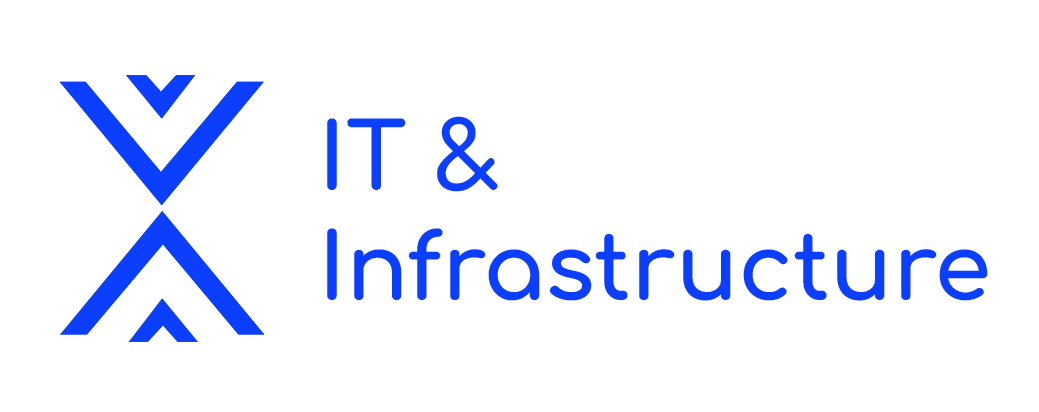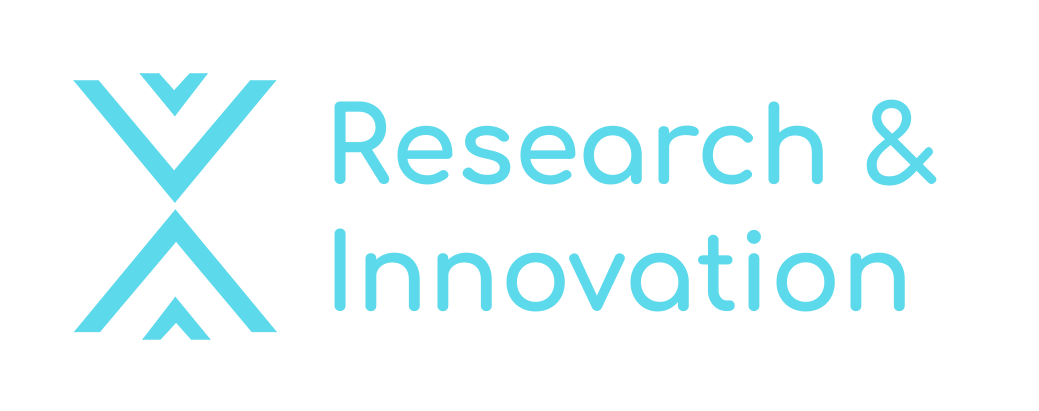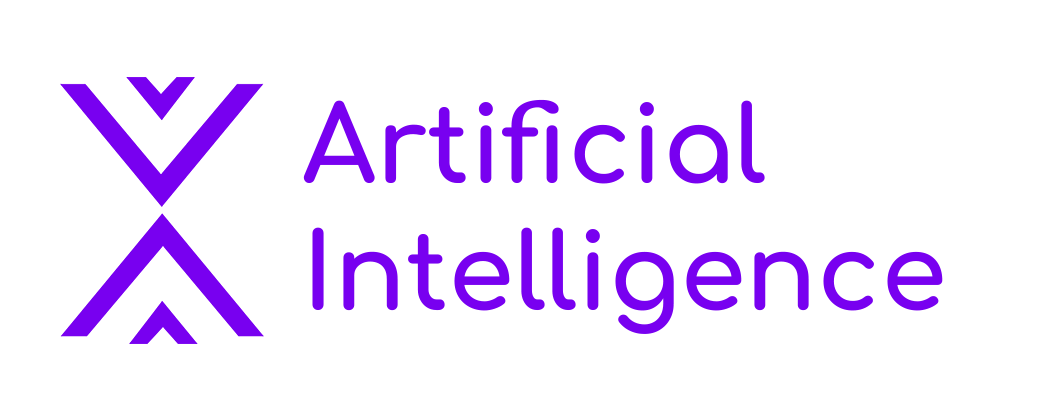
Brexit, Lockdown, Cost of Living… How We Plan to Keep our Clients Above Water
In a time where there is no hope, how do you come out on top?
The economic outlook has deteriorated. In a recently published survey three-quarters of UK, adults said they were worried about the rising cost of living (78%). The government is in turmoil meaning that anything other than business-as-usual governing of the UK is on hold. Measures to address economic pressures are going to be slow to be implemented. The war in Ukraine is bringing further economic challenges across the globe as are the ongoing impacts of COVID.
Brexit and post-Brexit
The run-up to Brexit and post-Brexit fall-out caused great uncertainty and division, but it did not have the impact on the IT sector that it did on hospitality, care and construction for example. None of our contractors who applied for Settled Status was refused. There was nervousness with our global clients, but they continued to hire in the UK and elsewhere.

COVID and financial security in times of uncertainties
COVID initially halted recruitment activity at the end of March 2020, then it continued to be slow for around 12 months due to the uncertainty of the short and long-term outcomes of the virus. The introduction of key legislation was also delayed by COVID (Off-Payroll working rules in the private sector). A second lockdown spread more anxiety. However, in spring 2021, the market started to recover and now we are busier than ever, busier than before COVID, hiring talent for our clients in all sectors. We were interested to learn if contractors would look to convert to permanent employment for greater financial security as a result of COVID. We carried out research and concluded that this was not the case. We are still seeing a lot of people working remotely or on a hybrid basis. This pattern is likely to continue, having proved viable during the pandemic. Workers are saving money on commuting and with fares and fuel prices and the cost-of-living spiralling, the ability to work from home is an important factor when candidates are looking for a new role. And for contractors working outside IR35, a significant factor in the determination is their ability to decide where their work is carried out. The pandemic has also made people think about what is important in life and that, coupled with the ability to work remotely, means people have started to move out of major cities. Like the private sector, the Government is moving to offices/sites/hubs outside major cities which will also support diversity initiatives.

The impact of a candidate-driven market
We are seeing skill shortages currently; the market is candidate-driven and likely to remain so for the rest of 2022 and until at least the end of 2023. So talent shortage is once again the top challenge for recruitment firms and employers alike in 2022/23, leading to a talent-centric focus and candidate acquisition as a top priority. This means digital transformation and improving the candidate experience are priorities.

The appetite to recruit is forecast to fall from current demand levels by mid-2024 but what we have learnt in the last 2 years is that nothing is certain, and we have to be able to adapt quickly to changing situations. Technology is an enabler of change, and therefore we are confident that our business will continue to deliver, albeit the type of solutions and sourcing will continually evolve to meet market needs.
Are you a UK company with concerns about your hiring strategy?
Or are you a candidate looking for a longer contract in uncertain times?
Get in touch with me today and I will be happy to discuss how Nexere can help you thrive.
Chelsie Simmonds
Account Manager















